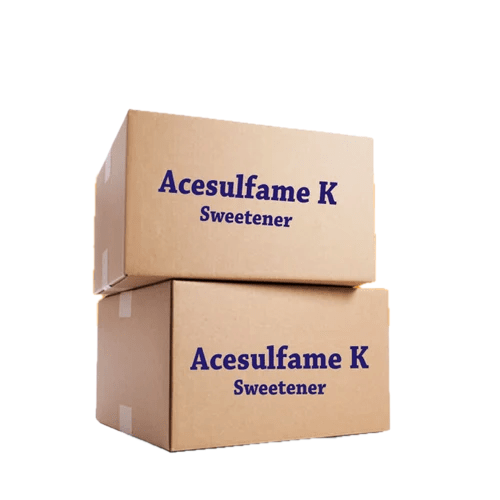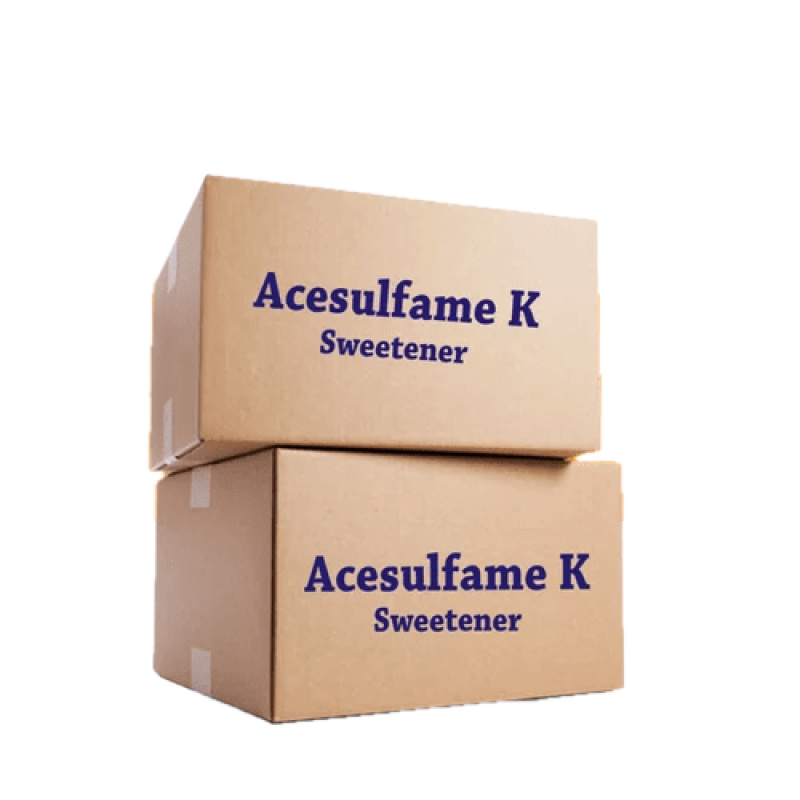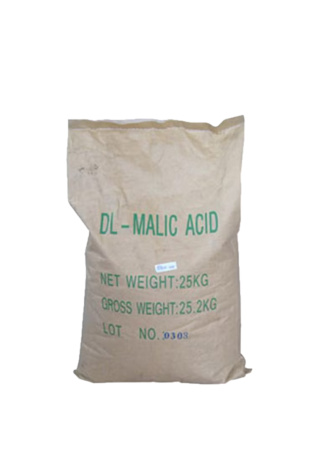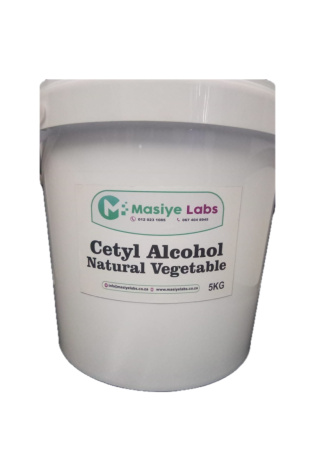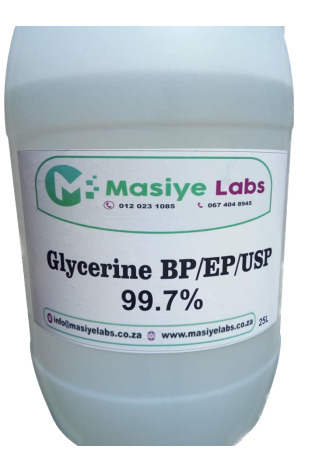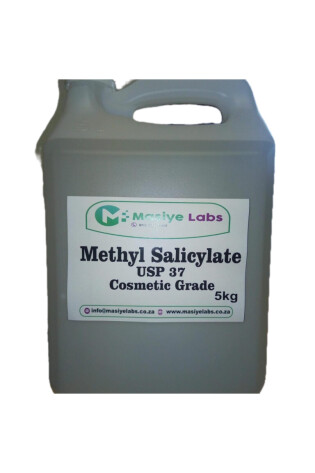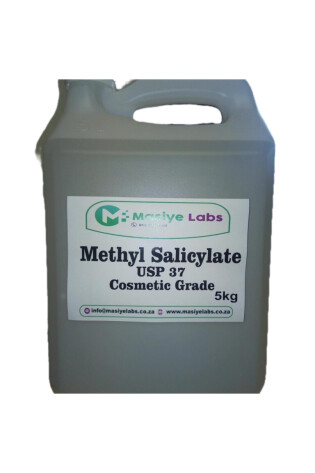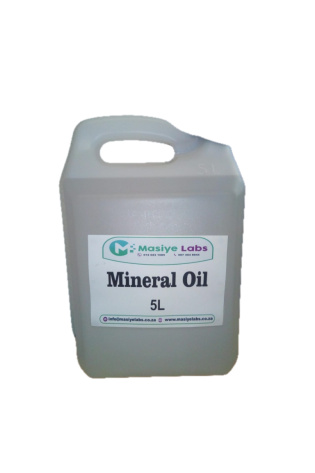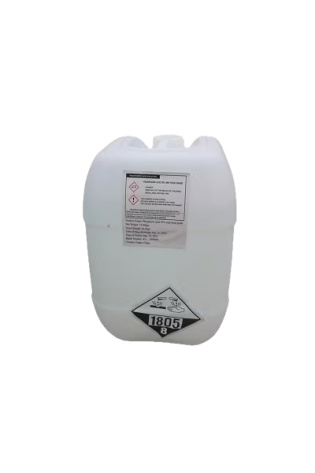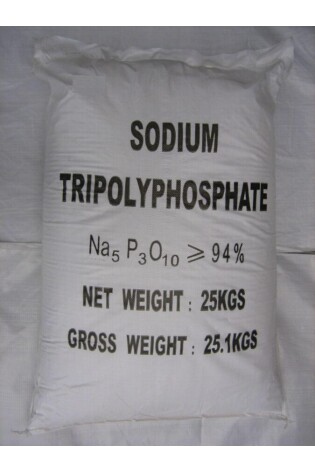Acesulfame K
Acesulfame K (Ace-K) is a synthetic, calorie-free sweetener approved by the FDA and other associations for use in a wide variety of foods and beverages.
It is about 200 times sweeter than sugar, is heat-stable for baking, and is often found on ingredient lists as “acesulfame potassium” or the E-number E950 in the EU. While considered safe by regulatory bodies, some studies have raised concerns about potential effects on the gut microbiome and weight gain, though human health risks are not fully established.
What it is:
A non-nutritive sweetener: that adds sweetness to foods and drinks without providing calories.
Also known as: acesulfame potassium, Ace-K, or by brand names like Sunett and Sweet One.
A white crystalline powder .
Acesulfame K Uses:
Found in various foods and drinks, including baked goods, confectionery, beverages, and dairy products.
Used as a flavor enhancer.
Heat-stable, making it suitable for baking.
Safety and Regulations:
Approved by the FDA: as a safe food additive.
Regulated by the EU: and assigned the E-number E950.
Undergoing re-evaluation: by the European Food Safety Authority (EFSA).
Potential Concerns:
Controversial: in discussions about artificial sweeteners and potential health risks.
Some studies in animals have shown that Ace-K can disrupt the gut microbiome and be linked to body weight gain in male mice.
The long-term effects on human health are still being researched and debated.
How to identify it:
Look for “acesulfame potassium,” “acesulfame K,” or “Ace-K” on food and drink ingredient labels.
It is often used in sugar-free or low-sugar products.
Acesulfame K
